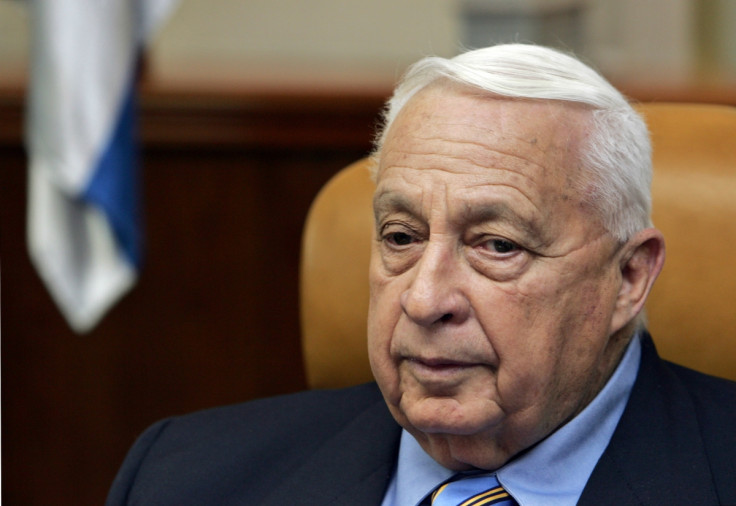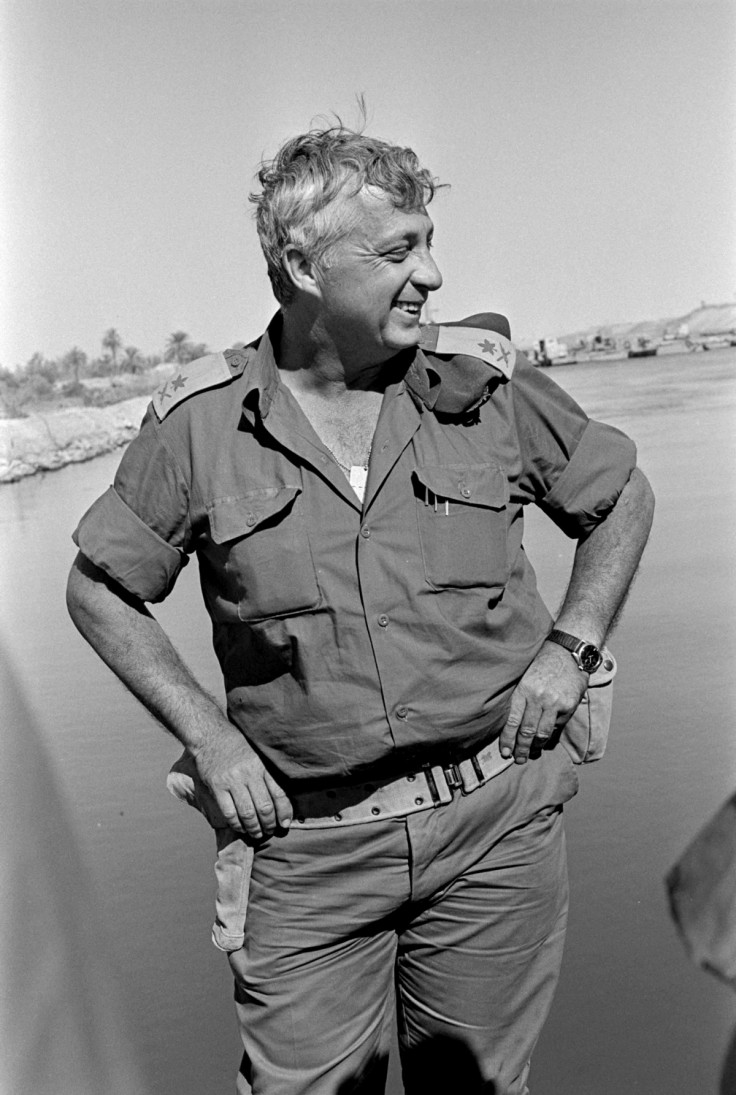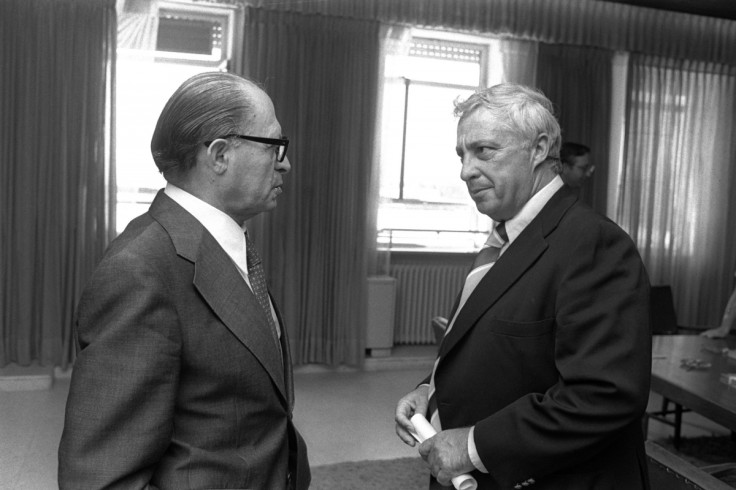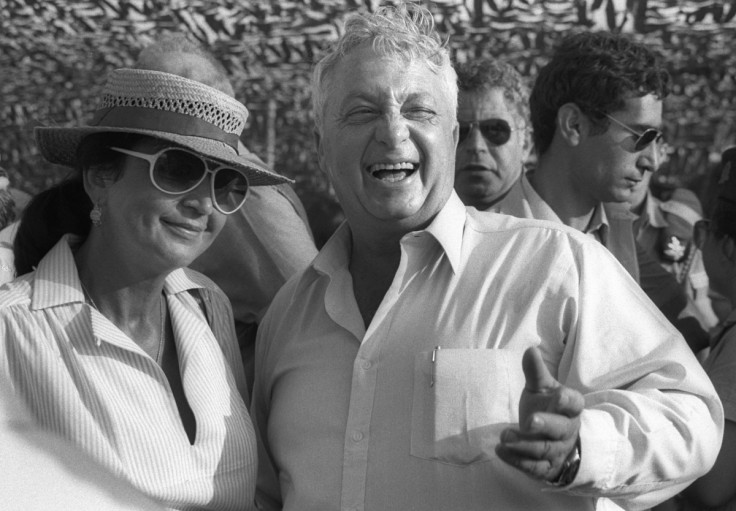Ariel Sharon's Legacy: King of Israel or Butcher of Beirut?
Former PM and general was polarising figure who backed Jewish settlements but pulled out of Gaza

Ariel Sharon played a central role in the shaping of modern Israel, attracting praise and loathing in equal measure. Polarising, bold, defiant, Sharon spent his life fighting the Arabs to ensure total security for Israel on his terms.
A strong, lifelong supporter of Jewish settlements in the occupied territories, Sharon abruptly broke with his past by pulling Israel out of Gaza in the epilogue of his political career. This unexpected act caused shockwaves among supporters – with some extremists even reciting a Kabbalistic curse (Pulsa DiNura) asking the Angel of Death to kill him. Six months later, a succession of strokes left him in a coma.
Arik, king of Israel
Sharon fought in all Israel's wars since its founding in 1948. In the 1950s he led the infamous Unit 101, which engaged in brutal raids on Palestinians in reprisals for cross-border attacks.
His actions during the 1967 war – when his division assaulted the Sinai and played an important part in capturing the entire peninsula – and the encirclement of the Egyptian Third Army in the Yom Kippur War earned him the nickname of "Arik, king of Israel" and the "Lion of God".

But Sharon was not only a brave strategist and reckless soldier. After retiring from the army, he was elected to the Israeli parliament as an MP of the new right-wing Likud party in 1973. He was re-elected to the Knesset in 1977 and appointed minister of defence in Menachem Begin's government.
The Butcher of Beirut
In such a powerful post, Sharon masterminded Israel's invasion of Lebanon of 1982, which proved to be a disaster and tainted the reputation of Israel in the Middle East.
In response to the shelling of northern Israel by Yasser Arafat's Palestine Liberation Organisation - whose headquarters was in Lebanon - Sharon sent the Israeli army into Beirut to crush the Palestinian liberation movement and force it to accept Israeli hegemony.
Begin was not explicitly informed about the move, which ultimately led to the Sabra and Shatila refugee camp massacres in which between 800 and 3,500 Palestinian civilians were killed by the Lebanese Maronite Christian militia of the Phalanges.

An Israeli tribunal investigating the invasion concluded that Sharon had "personal responsibility" for the bloodshed. The IDF was not held directly responsible but its troops had surrounded the camps, blocking the exits and providing logistical support.
Sharon was nicknamed "the Butcher of Beirut" for his role and the former Jewish hero almost fell in disgrace.
At the height of power
He made a comeback in the 1990s as housing minister, presiding over the biggest building drive in Jewish settlements in the West Bank and Gaza.
After the failure of the 2000 Camp David talks, Sharon exploited an Israeli public movement against then prime minister Ehud Barak over the status of Jerusalem.
"Barak does not have the right to give up Jerusalem, which the people received as a legacy,'' Sharon said.

Sharon's controversial visit to Jerusalem's sacred compound of Haram al-Sharif, where the al-Aqsa mosque is located, was blamed for sparking the second Palestinian intifada or uprising.
He became prime minister in February 2001, pledging to achieve "security and true peace". The rightwinger's tough policy in response to Palestinian suicide bombings – including incursions into Jenin and the building of a "security wall" – seemed to change when he announced the disengagement from Gaza.
The growing dissent within Likud forced him to leave the party and form Kadima. He was seeking to return as prime minister in 2005, when his first stroke hit, at the height of his power.
© Copyright IBTimes 2024. All rights reserved.






